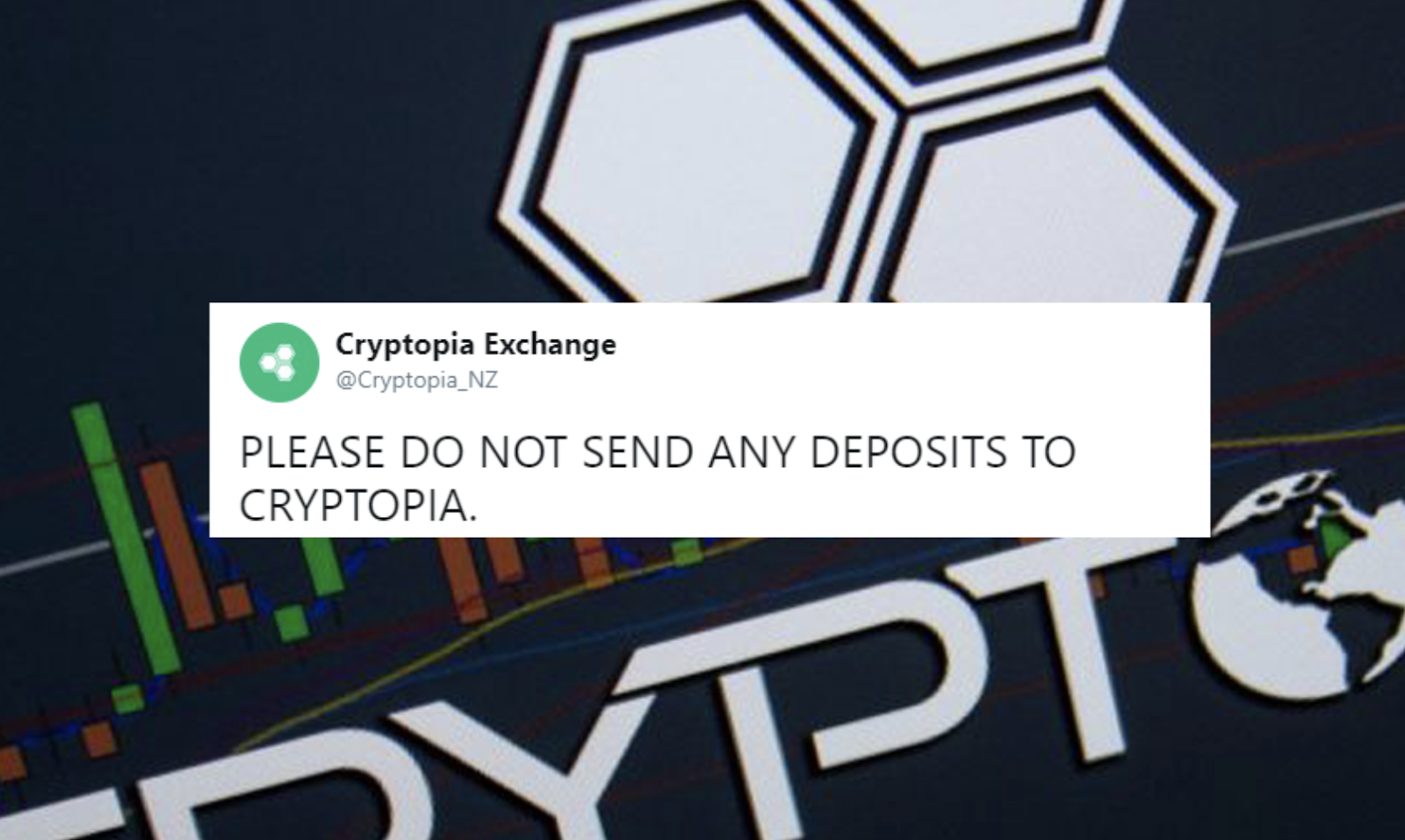Read the press release about the launch of our on-demand compliance support for ERC-20 tokens.
While they may sound more like a piece of mechanical hardware than a vehicle for entrepreneurship, ERC-20 tokens have opened the gates to a powerful new ecosystem. They represent an alternative channel for new businesses, ideas, and methods of value transfer to thrive. They’ve been used to quickly raise billions of dollars through Initial Coin Offerings (ICOs) and actively transfer millions of dollars every day to support specialized projects.
As of October 2019, there are 216,383 ERC-20 token contracts found on the Ethereum network, each representing a unique community eager to participate in the native token project, as one would participate in a crowdfunding sale. With end-users flocking to get involved early, cryptocurrency businesses must quickly support the versatile tokens their communities demand.
While these tokens may represent groundbreaking opportunities, they also invite exposure to risk. Hackers have recognized ERC-20 tokens as a growing area of value to infiltrate. In early 2019, cryptocurrency exchange Cryptopia was hacked and lost around $16 million (USD), largely in Ether and ERC-20 tokens. This represented around 9.4% of Cryptopia’s total assets and led to the company’s bankruptcy (source: How New Zealand company Cryptopia lost over $20 million from a hack)

Aside from hacks, cryptocurrency businesses also need to worry about compliance and how to monitor ERC-20 transactions for illicit activity. Required to meet Anti-Money Laundering/Counter-Financing of Terrorism (AML/CFT) regulations, cryptocurrency businesses need to actively understand if these new cryptocurrencies expose their systems to criminal activity.
To help these businesses keep up with the rapidly-evolving ecosystem, Chainalysis built the capability to support any new ERC-20 token in a matter of weeks across its compliance and investigation products.
Over 130 customers in 35+ countries rely on Chainalysis KYT (Know Your Transaction) to screen transactions in real-time and receive alerts on suspicious activity across more than 25 cryptocurrencies today, including 21 ERC-20 tokens. This allows cryptocurrency businesses and banks to provide a safe and secure experience for end-users while remaining compliant.
Flexible infrastructure design
We designed an infrastructure that supports the top tokens in the market so that we can track the bulk of cryptocurrency economic value, providing real-time data to customers. Given how popular ERC-20 tokens have become, we recognized the need to support this growth early on so we developed software architecture that allows our dedicated data operations team to easily expand coverage for new ERC-20 tokens quickly.
In April of 2019, we released the support for Binance Coin (BNB), Gemini Dollar (GUSD), Tether (USDT), USD Coin (USDC), Paxos Standard (PAX), TrueUSD (TUSD), in addition to Bitcoin (BTC), Bitcoin Cash (BCH), Ether (ETH), and Litecoin (LTC).
Since this initial multi-currency release, we now also support Basic Attention Token (BAT), Dai (DAI), Maker (MKR), Chainlink (LINK), and many others. By the end of 2019, Chainalysis will support 39 ERC-20 tokens in addition to 9 other cryptocurrencies—covering 90% of the market by trading volume.
Support for these cryptocurrencies is also available in our investigations product, Chainalysis Reactor, and is already being used by law enforcement to investigate hacks and other illicit activity across blockchains.
By supporting rapidly emerging tokens and enabling businesses to monitor transactions in real-time, Chainalysis helps build trust in blockchains. If you want to know more about conducting transaction monitoring or investigations for ERC-20 tokens, reach out to us at info@chainalysis.com.
